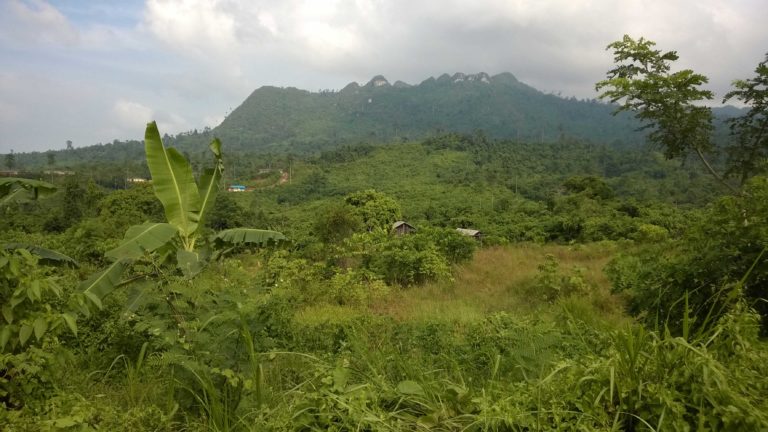The Indonesian Minister of National Development announced that the government would be relocating the Southeast Asian country’s sinking capital of Jakarta to Borneo.
Minister Bambang Brodjonegoro told Reuters, the official move to Borneo is expected to begin in 2024 only and is part of a 10-year plan to regenerate the urban area of the current capital which is under immense environmental stress due to overpopulation and poor infrastructure.

East Kutai Regency in East Kalimantan, Borneo. Image: Helmi Rahim, CC BY 3.0.
The capital and various important operations will migrate from the Jakarta Bay and across the Java Sea to the much larger island of Borneo which is shared between Indonesia, Malaysia and Brunei.
The huge translocation to Borneo’s Indonesian province of East Kalimantan, roughly 1,000km away, is expected to cost $33 million (R507 billion), but the government will be spending even more to address the existing issues in current capital Jakarta – $40 billion (R616 billion).
“People assume Jakarta is doing fine. Jakarta is not doing fine at all. The water condition is a cause for concern, wastewater, air pollution,” said Brodjonegoro.
Jakarta, with its population of roughly 10 million people, is one of the most densely populated cities in the world in an area of 662km².
The city’s poor water pipe infrastructure means that 40% of citizens and businesses have resorted to digging wells to extract groundwater. This over-extraction results in floods and also means that the city land mass is sinking at a rate of 28cm a year.
Borneo is renowned for its lush, rainforest vegetation and wildlife – particularly orangutans and proboscis monkeys.
Image source: Helmi Rahim, licensed under CC BY 3.0
You may also like
Related Posts
China’s National Health Commission has published a list of controversial coronavirus treatments that have animal...
read more
Warmer sea temperatures in the summer months, especially in February, were recorded and are believed...
read more
The latest report indexing the world's happiest countries has highlighted the important role of...
read more